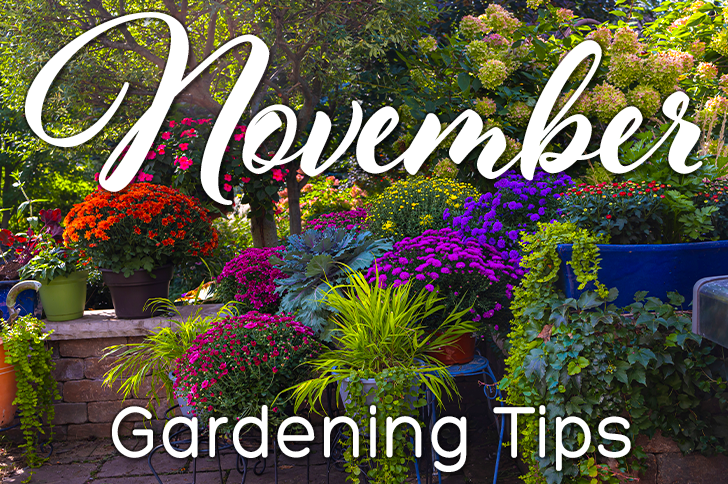By Jessica Strickland
Wayne County Horticulture Extension Agent
As November arrives and thoughts turn toward the upcoming holiday season, gardeners shouldn’t overlook the important tasks that remain in preparing landscapes for winter. Local horticulture experts recommend several key activities to ensure gardens emerge healthy and vibrant come spring.
Soil Testing and Lawn Maintenance
Now is an ideal time for gardeners to have their soil tested in preparation for next season’s planting. The NC Cooperative Extension Wayne County Center, located at The Maxwell Center in Goldsboro, provides testing forms and collection boxes. Homeowners are encouraged to submit samples before the Thanksgiving holiday, as the seasonal $4 per sample fee takes effect from December through March. Samples submitted between April and November are processed free of charge.
For lawn care, removing fallen leaves promptly is essential to ensure adequate sunlight reaches grass. Accumulated leaf piles can create wet, suffocating blankets that damage lawns. Homeowners who haven’t already applied pre-emergence herbicide should do so now to prevent winter weed growth.
Planting and Plant Care
November presents the perfect opportunity to plant spring-flowering bulbs, including daffodils, crocus, hyacinths, and tulips. For those seeking festive indoor blooms, paperwhite narcissus bulbs can be forced to flower by planting them in shallow pots with pebbles and water, creating blooming gifts ready by Christmas.
Rose bed maintenance is also crucial this month. Gardeners should thoroughly rake up and dispose of all diseased leaves to prevent future problems. After chrysanthemums finish blooming, stems should be cut close to the ground, with all stems, dropped leaves, and dried branches properly disposed of.
Evergreen inspection is another important November task. Homeowners should check cypress and other evergreens for bagworms, removing and destroying any bagworm capsules found to reduce next year’s pest population.
For those interested in propagation, early November is the time to take hardwood cuttings from shrubs such as hollies, forsythia, viburnum, and quince. The process involves bruising the base of the cutting, dipping it in rooting hormone, and planting it in a sandy soil mixture.
Vegetable Gardens and Fruit Trees
Tilling vegetable gardens now exposes insect pests to birds and winter cold, naturally reducing pest populations for the following growing season.
Fruit tree maintenance can significantly reduce future problems. Mulches should be pulled back several inches from tree bases to prevent bark damage from mice and voles. All fallen, spoiled, or mummified fruits should be collected and cleaned up to eliminate overwintering sites for diseases and insects. November is also the optimal time to order fruit trees, grapevines, and blueberries for February or March delivery and planting.
Asparagus growers should trim existing foliage, cutting it to ground level after frost has killed the leaves. Gardeners should also remember not to store apples or pears with vegetables, as these fruits emit ethylene gas that accelerates vegetable breakdown and causes off-flavors.
Wildlife Care
As temperatures drop, Extension agents encourage homeowners to bring out bird feeders and stock them with seed. Providing fresh water for birds throughout winter months is equally important for supporting local wildlife.
Additional Resources
For ongoing gardening guidance, residents can sign up for the Wayne County Extension Gardening email list at https://wayne.ces.ncsu.edu/email-me. Additional information and plant ideas are available through the North Carolina Extension Gardener Plant Toolbox at https://plants.ces.ncsu.edu. Updates are also shared on Facebook @waynecooperativeextension and Instagram @waynecountyextensionnc.
Jessica Strickland is an Agriculture Extension Agent specializing in horticulture for North Carolina Cooperative Extension in Wayne County.

